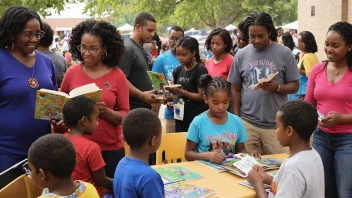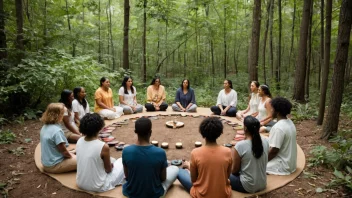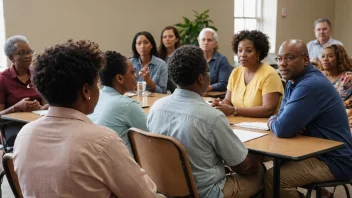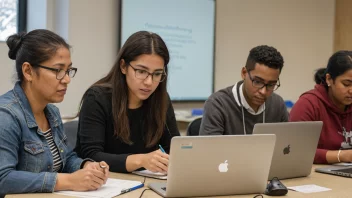Change is an inevitable part of life, often bringing with it a whirlwind of emotions and uncertainties. In times of transition, rituals can serve as powerful tools to help individuals cope, providing structure and a sense of continuity amidst chaos.
Rituals, whether personal or communal, have been embedded in human culture for centuries. They can range from daily practices, such as meditation or prayer, to significant life events like weddings and funerals. These actions often carry deep meaning and can foster a sense of belonging and support within a community.
One of the key benefits of rituals during times of change is their ability to create a sense of predictability. When individuals engage in familiar practices, they can anchor themselves in the moment, allowing for emotional processing and reflection. This can be particularly important during major life events, such as the loss of a loved one, a career transition, or moving to a new city.
Moreover, rituals can facilitate connection with others. Group rituals, such as community gatherings or religious ceremonies, provide opportunities for individuals to share their experiences and feelings. This communal aspect can reduce feelings of isolation and foster a supportive network, essential for emotional well-being.
Additionally, engaging in rituals can enhance mindfulness. The act of performing a ritual often requires focus and intention, encouraging individuals to be present in the moment. This mindfulness can help alleviate anxiety and stress associated with change, allowing for a more grounded approach to navigating new circumstances.
For those looking to incorporate rituals into their lives, there are countless options to explore. Here are a few suggestions:
- Morning routines: Start your day with a ritual that brings you joy, such as journaling, meditation, or a cup of tea in silence.
- Marking transitions: Create a personal ceremony for significant life changes, such as writing a letter to your past self or planting a tree to symbolize new beginnings.
- Community involvement: Join a local group that aligns with your values, participating in collective rituals that foster connection and support.
In conclusion, rituals hold significant power in helping individuals cope with change. By providing structure, fostering connection, and enhancing mindfulness, they can be invaluable tools in navigating life's transitions. Whether through personal practices or communal gatherings, embracing rituals can lead to a deeper understanding of oneself and a stronger sense of community.






